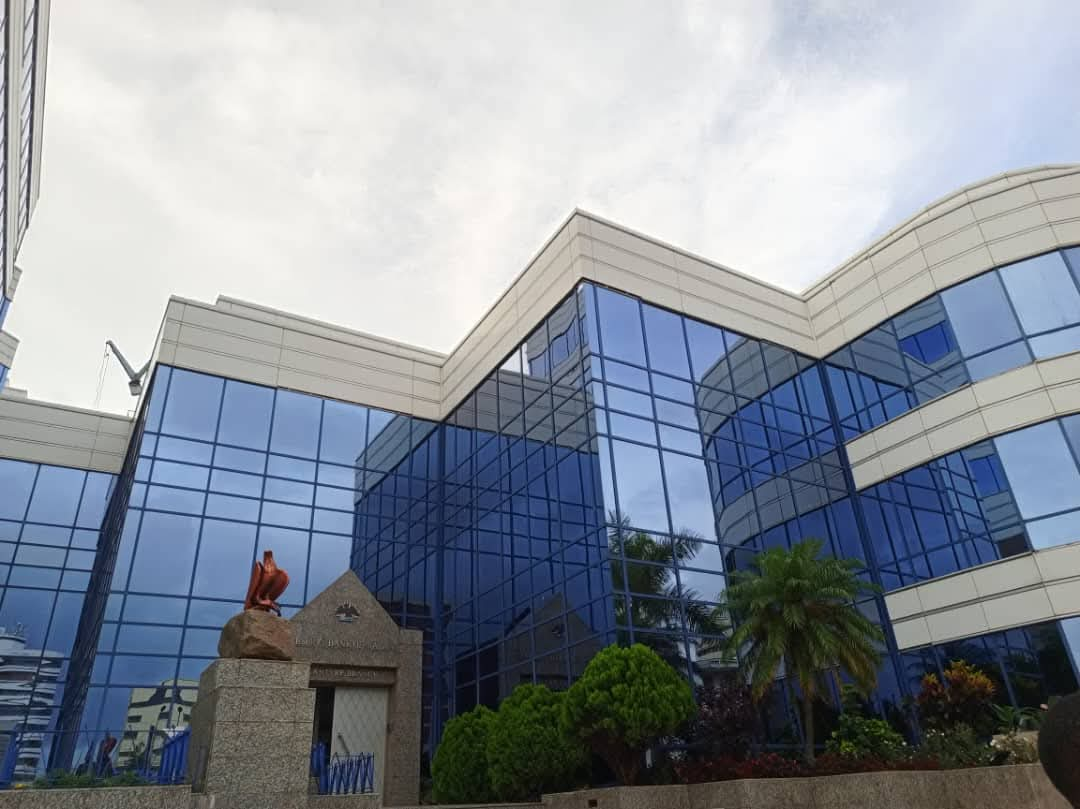By Yamikani Harji–MACHINGA
Companies identified to supply materials in the K70 billion Malawi Rural Electrification Project-MAREP 9 could be racing against time to finish all their procurement processes in a bid not to miss the government’s newly given deadline of August 25 this year.
Deputy Director in the Energy Ministry, Francisco Chingoli disclosed the deadline on Wednesday at Nayuchi Border in Machinga when Parliamentary Committee on Local Authorities and Rural Development toured a 37-kilometre-MAREP 8 initiative.
In May 2023, Energy Minister Ibrahim Matola had attributed delays to roll out the project to forex challenges. But Chingoli now sounds optimistic.
“Indeed we had challenges in procuring materials in the project due to forex but now I can assure you that the job is 51% done and we have also told all the companies that everyone should finish supplying us with the materials by 25th August this year,” he said.
He further discloses that in MAREP 9, the ministry will enhance the use of Ndawala Soft Loan to enable the less privileged have their houses wired and pay back through purchased units or tokens.
Speaking after visiting Mbanila and Nayuchi, Chairperson for the Parliamentary Committee, Horace Chipuwa hopes the initiative will eventually save more rural communities.
” This is a life-changing project and we are much happy with its existence and we look forward to seeing it in other districts from tomorrow,” said Chipuwa.
In January this year, the line ministry extended contracts of 38 contractors for three months. Then, Secretary for the Ministry Alfonso Chikuni disclosed that another two months extension had been granted.
But he doubted the performance of six companies despite their pocketing of a 30 percent part-payment to supply the project materials.
Initially, MAREP 9 was scheduled to take off towards the end of 2022 and was estimated to cost K40 billion. But delays to implement it have cost the country billions following devaluation of the kwacha.
Mainly, the objective of MAREP is to increase access to electricity for people in peri-urban and rural areas as part of Government’s effort to reduce poverty, transform rural economies, improve productivity and improve the quality of social services.
Currently, Malawi’s electrification rate is only at 18% with 11.4% coming from the National grid and 6.6% from off-grid solar solutions.
So, in an effort to address the electricity access challenges, the Ministry of Energy launched the Ngwee Ngwee Ngwee Fund with the target to add 5% national rural electricity access rate by 2024.
The US$20-million Fund is being bankrolled by the World Bank through the Malawi Electricity Access Project (MEAP) to enable eligible solar off-grid companies to import and distribute over 200,000 solar home systems to rural households across Malawi.




